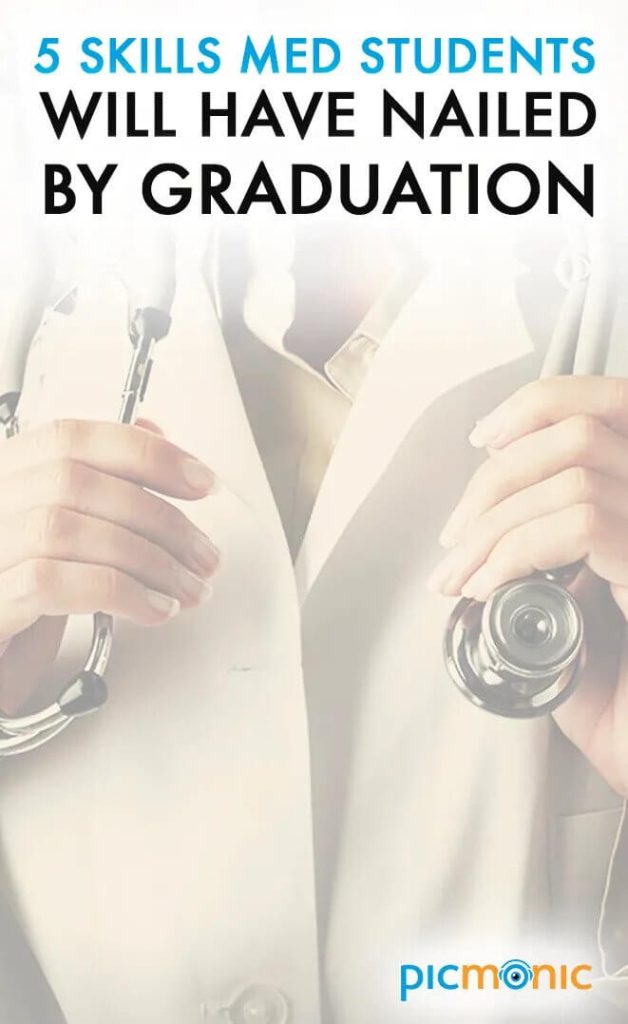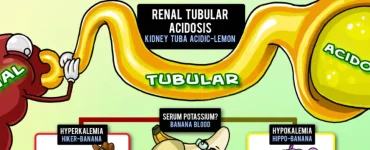
Med students will learn hundreds of new skills in medical school, everything from how to make a proper incision to the best treatment for sepsis. In addition to what you are learning from textbooks, there is a certain skillset medical students must develop in order to graduate and to become great doctors. Below are five talents from the list of proficiencies you’ll be able to claim by graduation.
Multi-tasking
From juggling your patient load to finishing your notes to dealing with a sudden emergency, the life of a medical student requires efficient multi-tasking. They say humans can’t actually do two things at once, but med students are superhuman anyway, right? You switch between tasks quickly and sometimes without warning, and your brain will be trained to return to the task later as if no time passed. Impressive!
 Not-vomiting
Not-vomiting
You will have seen things. Cadavers, to name one. Your stomach of steel still might not be able to handle Grandma’s six-day old stroganoff, but you will learn to keep food down in the presence of corpses, bodily fluids, carbuncles, burns, abrasions, contusions (hey, check out your fancy medical vocab!) and a variety of other damage to the human body.
Critical Thinking

When someone’s life or well-being hangs in the balance, there is no time for indecisiveness. During medical school, you’ll master much more than how to ace multiple question tests. You will develop critical thinking and quick decision making skills that allow you to assess a patient’s condition, determine a course of treatment and then act on it.
Falling Asleep Immediately
Before med school, you used to watch episodes of ER and Grey’s Anatomy and wonder to yourself, how do the characters fall asleep so quickly on their breaks? By graduation, you won’t have to wonder. It’s called mental and physical exhaustion (well, actually on those shows it was called acting, but they were accurately acting). After a shift of giving your all, you will be wiped out. You could fall asleep standing up, except that it might start a zombie rumor and no medical facility wants that.
Prioritizing
Before med school, you never had to turn hundreds of pages of complex medical content into a succinct 2-hour study session that you squeezed into your packed schedule. You will be a prioritizing pro by graduation. You know how to take gobs of information (yes, gobs) and glean what is most important, what can be skimmed and what you can set aside for another day. Your Mom doesn’t appreciate it when you cut her off to “get to the point,” but you at least you made it through med school.
Plus, you learned where to look for the best studying tools that make prioritizing easy (cough, Picmonic). Check out how easy it is to search study cards, sort and organize information you’ve mastered, make notes to return to a card and more with Picmonic’s free trial.

 Not-vomiting
Not-vomiting











